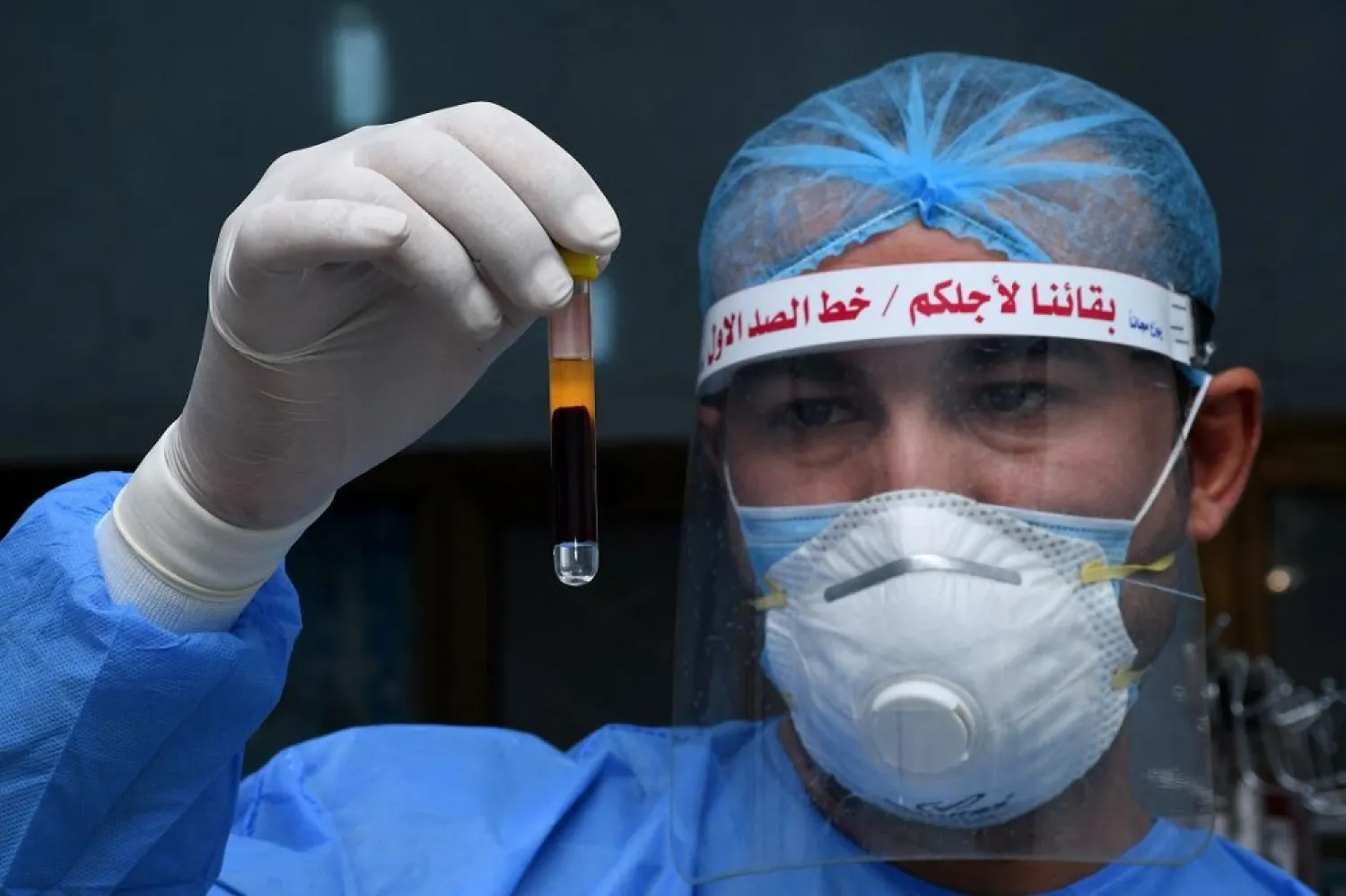Iraq has dedicated 20 new hospitals to fight the novel coronavirus pandemic, while announcing that it has recorded 2,179 new cases, 1,623 more recoveries and 103 deaths.
Technical Deputy of the Ministry of Environment Dr. Jassim Al-Falahi told the Iraqi News Agency on Thursday that the ministry seeks to increase the bed capacity to receive all coronavirus cases.
He added that a total of 20 hospitals will start operating in the coming period, which would increase the bed capacity to meet the demand.
On the decision to shut all private clinics for two weeks, Falahi explained it was due to some clinics treating COVID-19 cases in violation of orders.
He further said that clinics are not the right place to provide treatment for coronavirus infections or suspected cases, stressing that the purpose behind this decision is to guarantee the safety of doctors and individuals.
Falahi underlined the importance of abiding by the health and personal hygiene instructions, in addition to social distancing to curb the outbreak of COVID-19.
He added that Iraqi Prime Minister Mustafa al-Kadhimi inaugurated during the past days Al-Ataa hospital, located in Sadr City.
The Iraqi Ministry of Health and Environment announced that health officials had confirmed more than 2,000 new COVID-19 infections, bringing the total to 69,612 cases.









